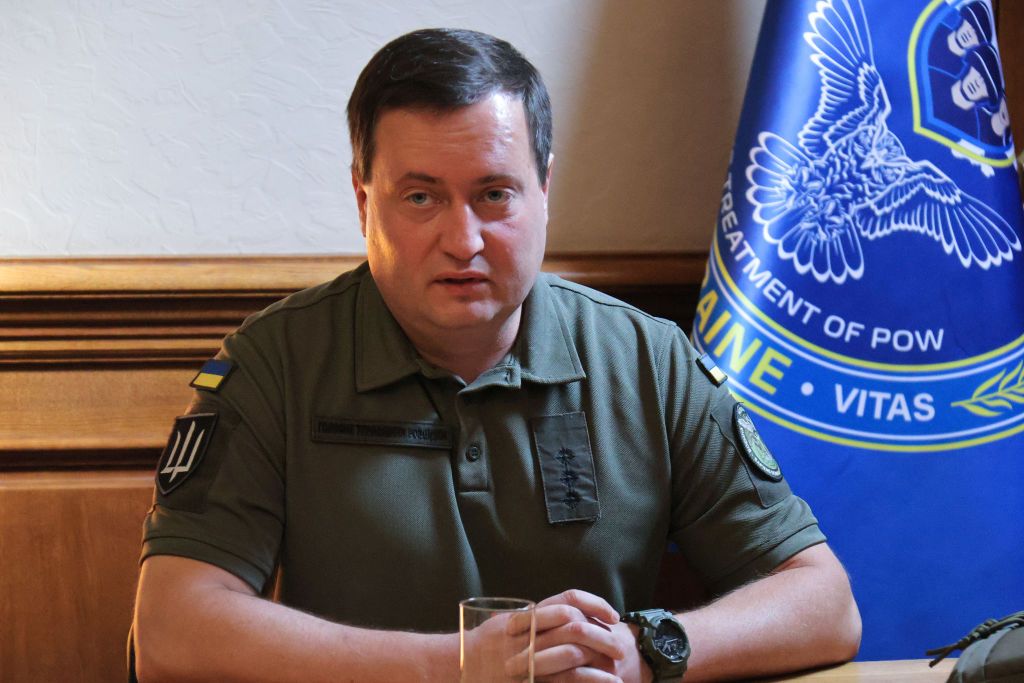Volunteer group: Russian drone maker ramps up production despite sanctions, leaks show

A Russian manufacturer of Orlan drones and other military-use equipment dodges sanctions to obtain foreign-made components, successfully increasing production, the Ukrainian volunteer group InformNapalm said in its Jan. 12 analysis of the company's data leaked by hackers.
Apart from Orlan-10 drones, widely used by Russian forces for reconnaissance and guiding artillery fire, the St. Petersburg-based Special Technology Center (STC) also produces electronic warfare systems and other equipment for the Russian military.
In its analysis, InformNapalm cited data provided to the international intelligence community by the Ukrainian hacker group CyberResistence last November.
InformNapalm illustrated how reliant the STC is on foreign components in an example of a simple cargo hexacopter drone.
The drone in question allegedly uses an engine produced by the Chinese company T-Motor, while the flight controller and GPS module are manufactured by the Chinese Radiolink Electronic Limited. Laptops are manufactured by Lenovo, and the camera is manufactured by Sony, InformNapalm said.
The company also allegedly imports parts and equipment made in the U.S., Germany, Spain, Austria, the U.K., and Switzerland, even though Western countries have imposed extensive sanctions to prevent Russia from obtaining high-tech dual-use goods.
An analysis of procurement documents revealed that the STC uses a simple scheme to access these products. "Dummy companies" based in China, Serbia, the United Arab Emirates, or Turkey buy products from suppliers in the country of origin.
Goods are then bought by a Russian supplier and sent to STC plants for drone production, the analysis shows.
According to InformNapalm, the STC also established stable partnerships with Chinese companies for electronic components supplies. While not providing direct military aid to Russia, China has provided Moscow with extensive supplies of dual-use goods and supports the country against Western sanctions.
Ukraine's military intelligence agency HUR said earlier this week that it had seized 100 gigabytes of classified data from the STC, without specifying how was it obtained.
The National Agency on Corruption Prevention (NAZK) identified around 2,500 foreign components in Russian weaponry, mostly from U.S. producers who do not sell their products to Russia directly.
Western sanctions nevertheless appear to have some tangible impact. Military Intelligence (HUR) spokesperson Andrii Yusov said earlier on Jan. 12 that Russia faces problems in obtaining some weapon components like modern optics and electronics as a result of international trade restrictions.











